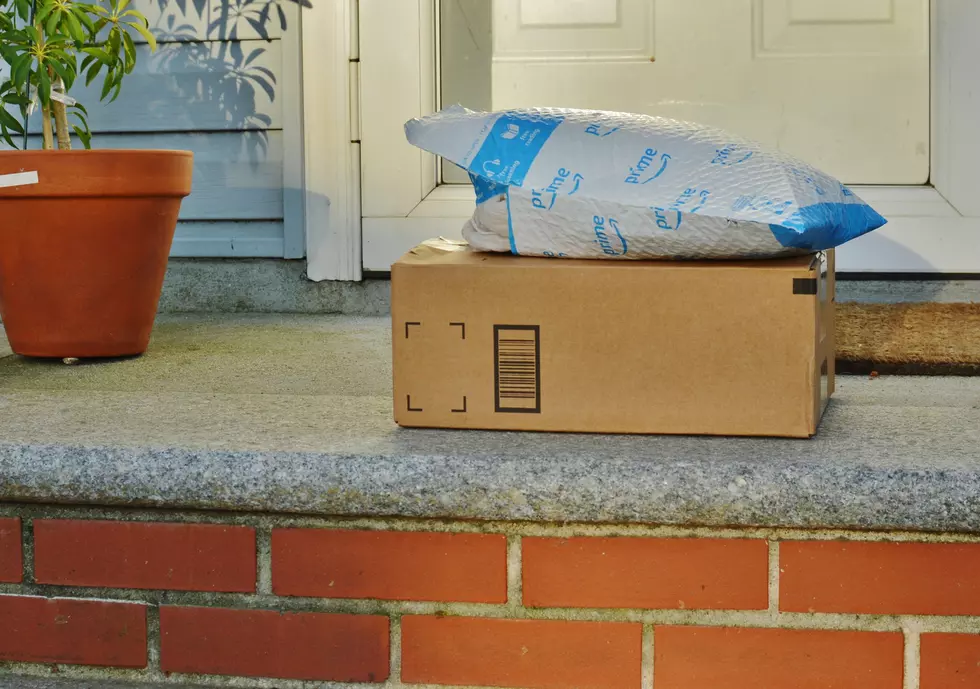
Thanksgiving Most Dangerous Day for Home Fires
With an increasing number of Michigan residents staying home for Thanksgiving as part of the largest decrease in seasonal travel since the Great Recession in 2008, many folks may be trimming the turkey on their own for the first time. While staying home is the safest thing you can do this year, be forewarned: Cooking is the leading cause of all residential building fires and injuries, and more home fires occur on Thanksgiving than any other day of the year. The sheer number of cooks hitting the kitchen on Thanksgiving results in a national home fire risk three times that of an average day.
"In 2020, the name of the game for Thanksgiving is protecting other people," said Adrienne Woodland, spokesperson, AAA-The Auto Club Group. "That means staying home and, if you're cooking, taking good care to avoid common kitchen missteps that can strain our health system and expose first responders to even greater risk."
The number one cause of cooking fires is leaving the kitchen unattended – something that's easily avoided. A few key steps can keep you, your home, and your loved ones safe.
- Have a fully functional fire extinguisher handy for emergencies.
- Have someone on cooking duty at all times to avoid an overcooked meal (or worse!). If you have to leave, turn off cooking equipment first.
- Limit distractions by planning television time, video chats, chores, and other activities outside of meal preparation time.
- Smother grease fires with a metal lid or baking soda. Never use water. Make sure to turn off the heat first.
- If a fire starts in the oven, turn off the heat and keep the oven door closed.
- To minimize kitchen accidents and divert traffic of loved ones, put snacks, games, and toys in another room.
- Step away from cooking and designate a "kitchen driver" to take the lead if you are sleepy or have consumed too much alcohol.
- Keep dish towels, oven mitts, paper products, and other flammable materials away from heat.
If you opt to fry your turkey, remember these three key steps:
- Move the fryer away from your home. Your fryer should be set up on a stable, non-combustible surface that's at least ten feet away from your home. Don't use it inside your home, in your garage, or on a deck or patio as that creates a serious fire risk. Avoid operating the fryer near or under trees. Open space as far from your home as possible is your best bet, and never place your fryer directly on your lawn or dirt.
- Don't overfill the fryer. Read all the directions carefully, ahead of time, before beginning the frying process. Be sure to fill the fryer only to the fill line, even if you think you may need more oil. Overfilling the fryer may cause it to overflow, especially when you add the turkey. Hot oil spillover, in turn, presents a serious burn hazard and fire risk.
- Important: Properly thaw your turkey. If you try and deep fry a frozen turkey, it will explode and you will start a fire. A frozen turkey must be completely defrosted before frying, so read thawing directions when you buy your bird. If you are thawing it in the fridge, leave the turkey to thaw for six hours per pound, or three days for a 10-12-pound bird. If you are thawing your turkey in cold water in your sink, let it thaw for 30 minutes per pound – and make sure to change the water every 30 minutes to ensure it stays cold.

These Stores are Closed on Thanksgiving 2020
More From WBCKFM


![Christmas Eve in Bronson Park and Downtown Kalamazoo [Video]](http://townsquare.media/site/690/files/2020/12/KZoo-XMas-Eve-Fritz-Klug-via-YouTube.jpg?w=980&q=75)






